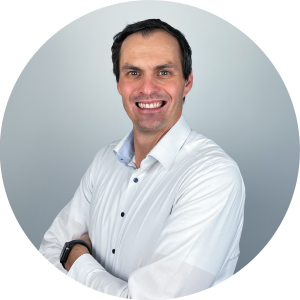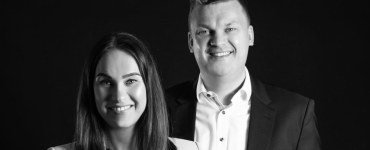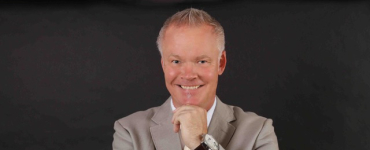Pay-per-use models and hardware and software as a service accelerate digital transformation – and strengthen companies in global competition. Founder Martin Gruber talks about how this can be achieved with the help of the Findustrial platform in an eco member interview:
Mr Gruber, could you please give us a brief introduction to Findustrial?
Findustrial platform enables companies to finance assets based on the Internet of Things (IoT) – for example, equipment, industrial and construction machinery, charging infrastructure or 3D printers. By accessing these machines via the IoT, usage and service data can be read out at any time. This means that customers only pay for what they need – and do not have to finance the entire machine in one go. Our pay-per-use model makes us a kind of Netflix for the industry. Furthermore, via the Internet, all parties involved – machine manufacturers, end customers and banks – can determine exactly what a machine is worth at any time on a set date.
Which digitalisation topics are particularly important to you?
The digitalisation of companies is crucial for the success of these financing models. End customers need a good digital connection to the IoT so that they can use hardware and software as a service. Manufacturers, customers and financing partners then have access to residual value and lifecycle information for a machine via the Internet. To this end, everything necessary can be delivered to the end customer as a service, thereby enabling digital business models.
What are particular challenges in your industry at the moment and how are you working on them?
The major challenge we are facing at the moment is the common practice of banks to make financing dependent on the creditworthiness of a company instead of looking at the asset as collateral. Through IoT data-based financing models coupled with residual value guarantees from the manufacturer, we make exactly that possible. Many banks also cannot yet handle the flexibility of pay-per-use models. What is common practice with software – that companies use and pay for it as-a-service – we make transferable to machines.
How do you expect your membership in the eco Association to support you in this regard?
We are keen to expand our ecosystem as an enabler for new financing channels and to be more visible in this role. eco membership offers us this opportunity. The bottom line is that we have to get to the point where companies ask the machine manufacturers whether they can also offer equipment in a pay-per-use model. Then we as a platform automatically come into play as the player that makes this possible as a partner to the manufacturers.
What opportunities does digitalisation offer us in the future?
The Covid-19 pandemic has shifted the focus of companies to digitalisation even more than before. Companies today are willing to invest greatly in digital transformation. As the next few years are crucial, it is important to consider: To remain leaders in the global economy, industrial companies in the DACH region must modernise now. Those who rely on pay-per-use models, hardware and software as a service grow faster and more steadily. Manufacturers also benefit because long-term business relationships with customers replace the ups and downs of project business with one-off sales.
Mr Gruber, thank you very much for the interview!
As founder of Findustrial, Martin Gruber is responsible for the development of the Findustrial platform and IoT connectivity, and as CFO, for the company’s funding rounds. With Findustrial , he is working towards the goal of developing sustainable and future-proof business models for the industry.




